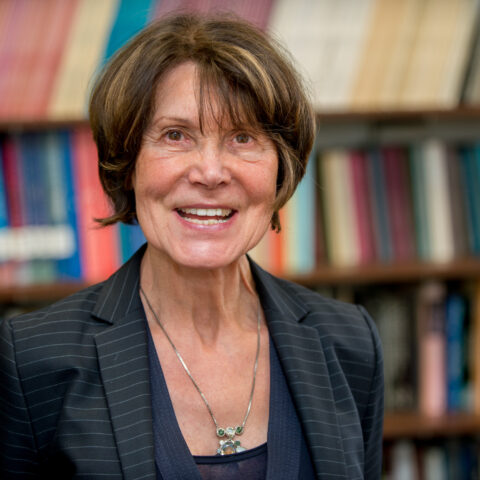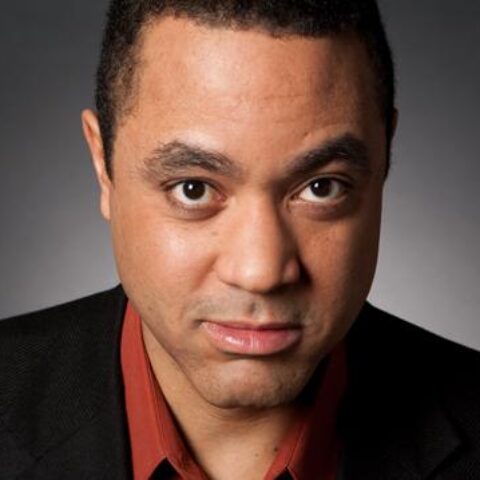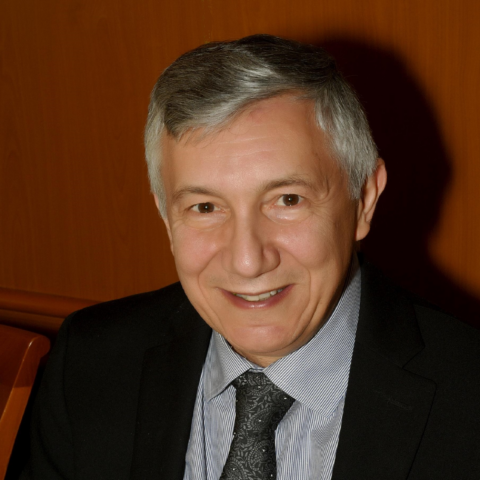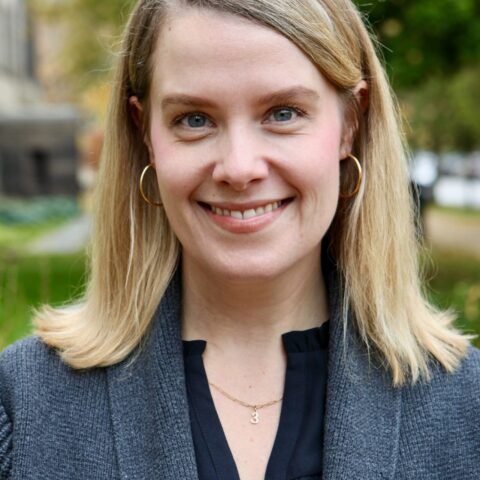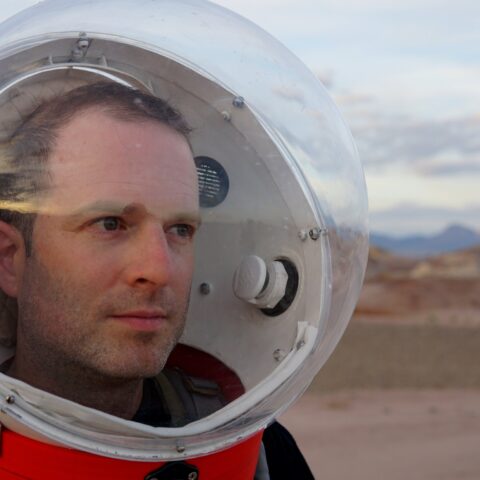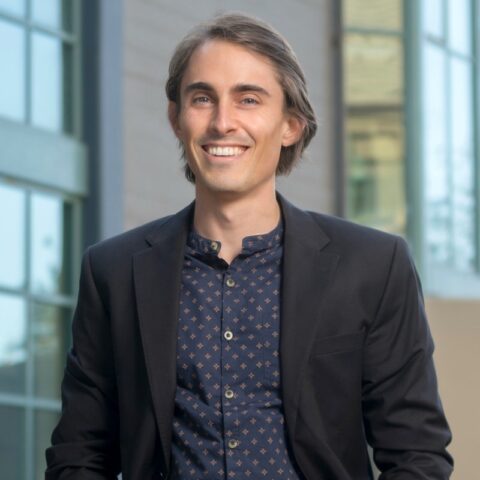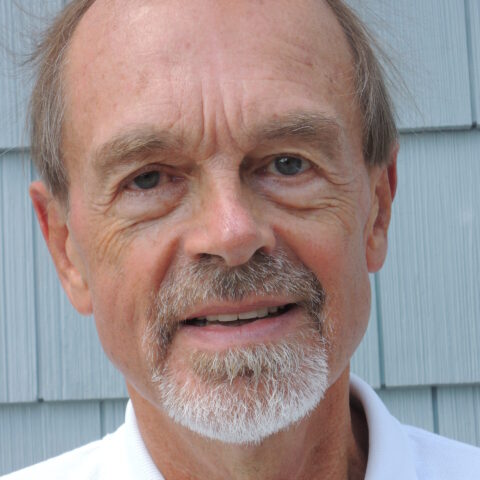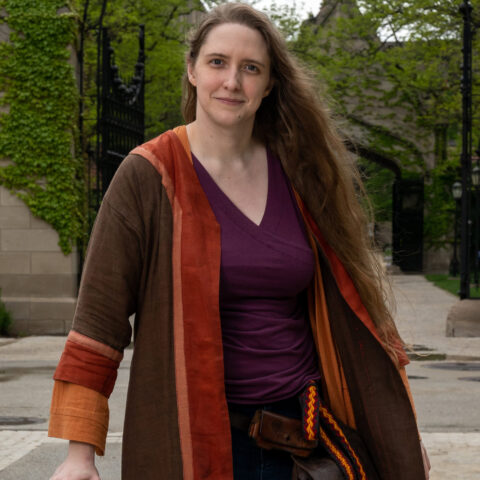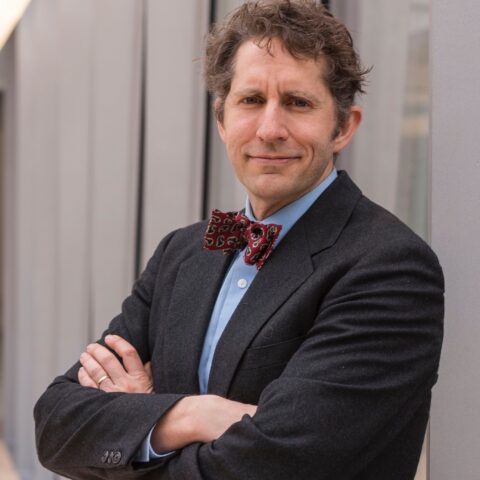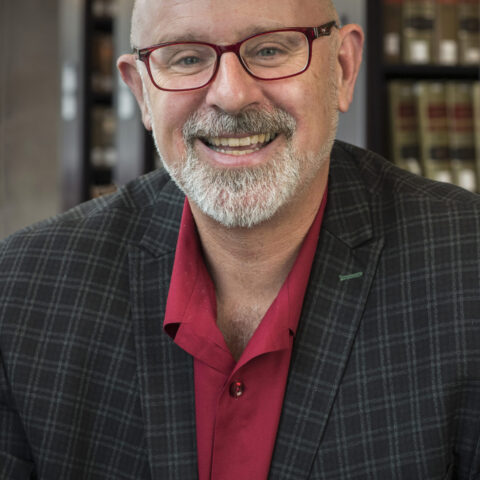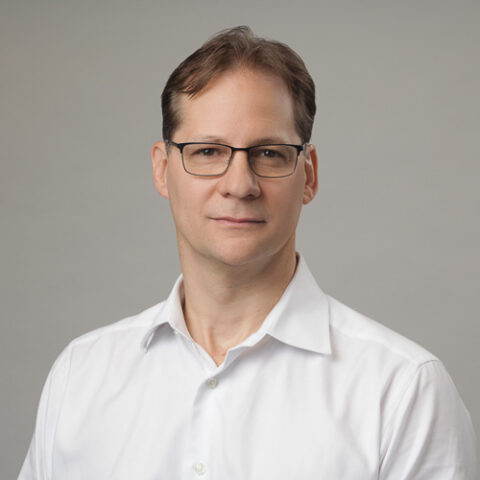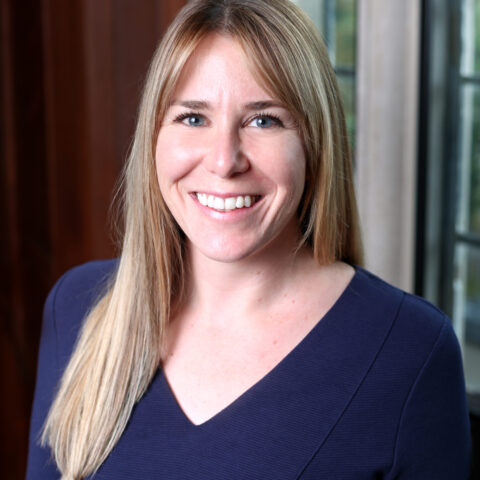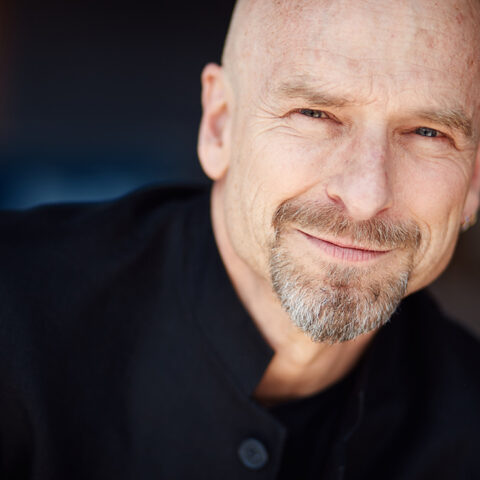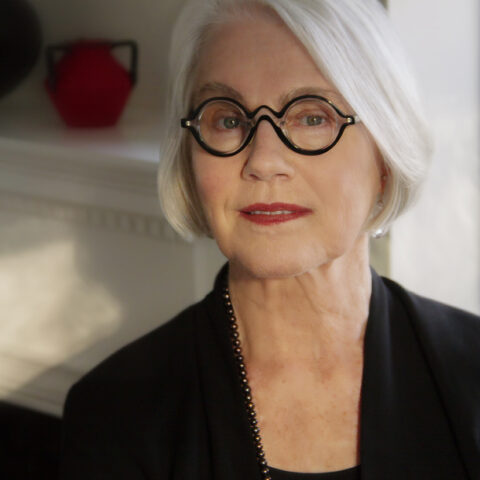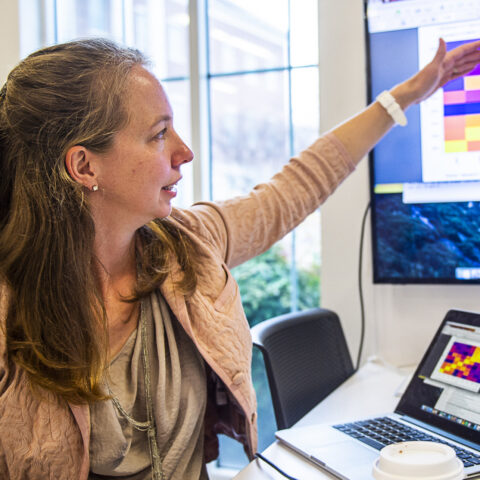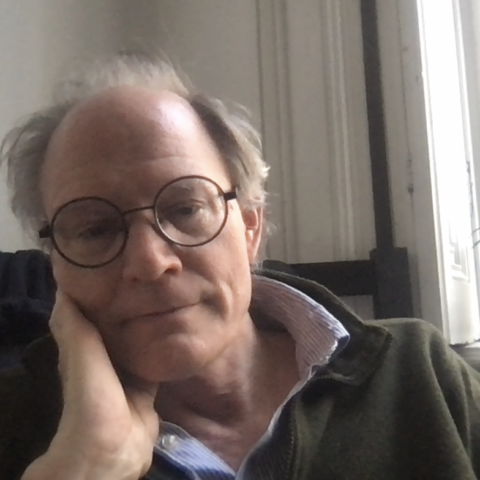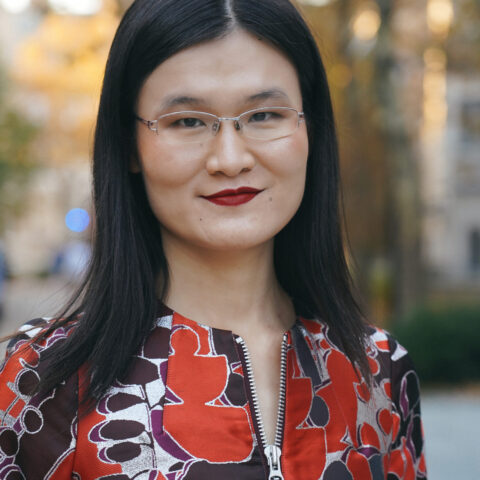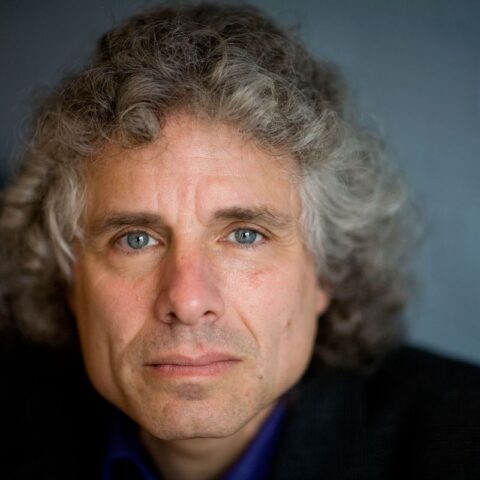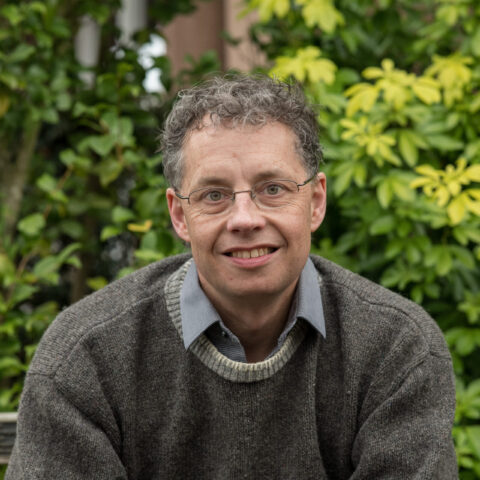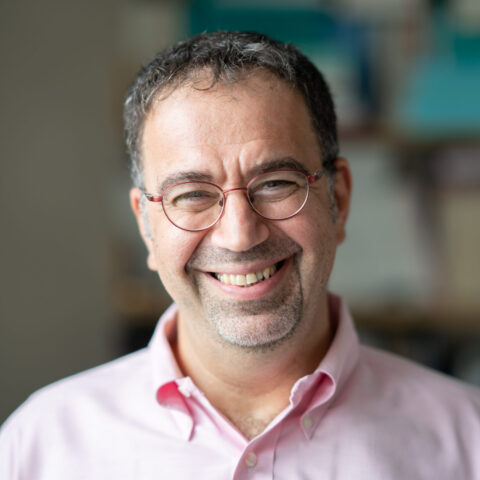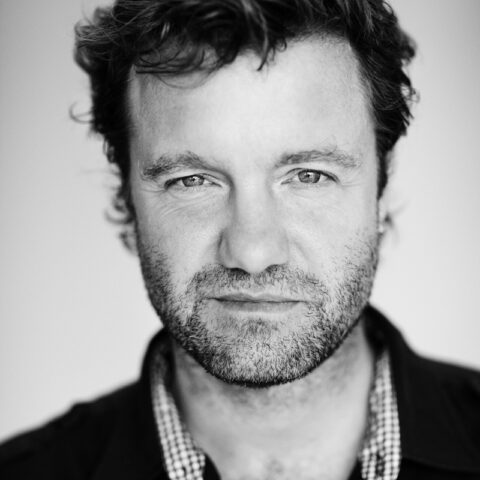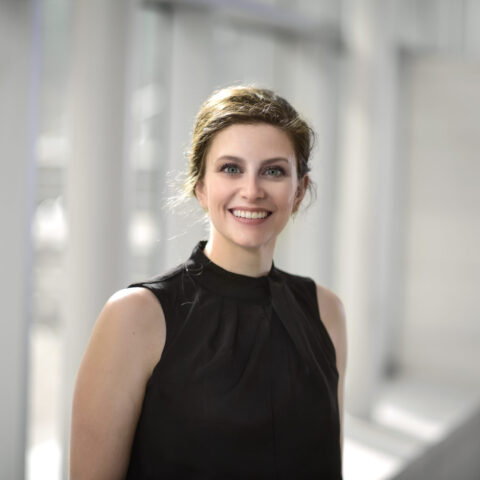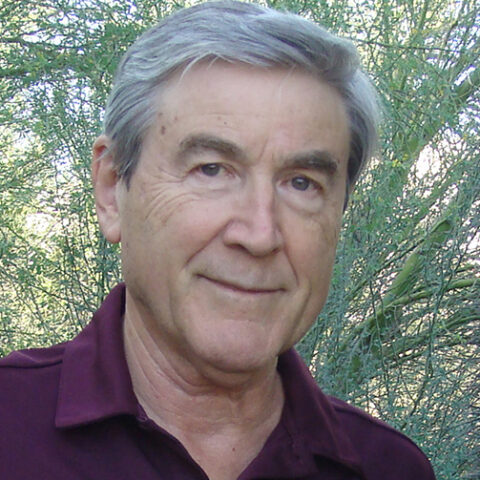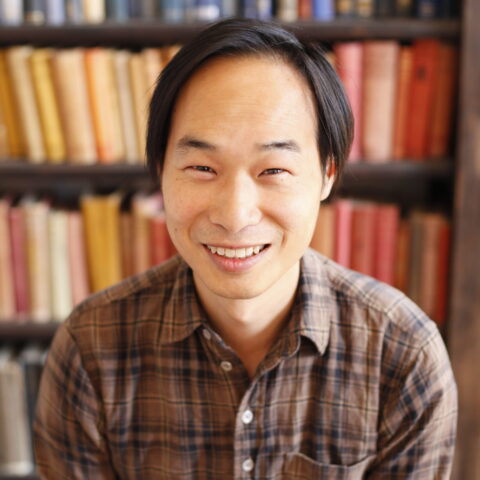About the Forum
mission
Colleges and universities tend to compartmentalize knowledge, placing art, history, literature, philosophy, politics, psychology, economics and sociology into separate silos. By engaging in research and pedagogy outside these silos that separate different fields of study, the scholars at FIR aim to ADD
background
Founded in 2024, FIR is a unique, non-departmental entity convening in both virtual and physical space. Our structure allows us to transcend traditional academic boundaries, offering a holistic exploration of knowledge formation. Inspired by the need for integrated solutions to contemporary issues, FIR is a dynamic hub for researchers, policymakers, and practitioners.
Programs and activities

FIR looks forward to presenting a diverse array of educational programs designed to provide students and the public with a comprehensive understanding of the formation and transmission of knowledge across various disciplines, cultures, and historical periods.
examples includE
- Postdoctoral fellowships
- An annual conference in Jackson Hole, Wyoming
- Public lectures and events
- A forthcoming journal
- Funding and grants for discipline-agnostic research
Our goals
- Setting the standard for discipline-blind research
- Rethinking university departments and divisions in their relationship with each other
- Providing accessible, actionable information that addresses real-world problems
- Providing context on the overlooked effects of artificial intelligence while harnessing its transformative potential
Our faculty
FIR’s distinguished faculty come from across a broad swath of American universities, with extra representation of the place of its birth, the University of Chicago, where an IRL version of our integrated approach to knowledge contributed to the enrichment of intellectual life across borders for almost a decade.
About
Karin Knorr Cetina is interested in financial markets, knowledge and information, as well as in globalization, theory and culture. Her current projects include a book on global foreign exchange markets and on post-social knowledge societies. She continues to do research on the information architecture of financial markets, on their “global microstructures” (the global social and cultural form these markets take) and on trader markets in contrast to producer markets. She also studies globalization from a microsociological perspective, using an ethnographic approach, and she continues to be interested in “laboratory studies,” the study of science, technology and information at the site of knowledge production – particularly in the life sciences and in particle physics.
About
John McWhorter specializes in language change and language contact, and is the author of The Missing Spanish Creoles, Language Simplicity and Complexity, and The Creole Debate. He has written extensively on issues related to linguistics, race, and other topics for Time, The New York Times, CNN, the Wall Street Journal, The New Republic and elsewhere. For the general public he is the author of The Power of Babel, Our Magnificent Bastard Tongue, The Language Hoax, Words on the Move, Talking Back, Talking Black, and other books, including Nine Nasty Words and Woke Racism, both of which were New York Times bestsellers. He hosts the Lexicon Valley language podcast, has authored six audiovisual sets on language for the Great Courses company, and has written a weekly newsletter for the New York Times since August 2021.
About
Shadi Bartsch-Zimmer is the Helen A. Regenstein Professor at the University of Chicago. She works on Roman imperial literature, the history of rhetoric and philosophy, and on the reception of the western classical tradition in contemporary China. She is the author of 5 books on the ancient novel, Neronian literature, political theatricality, and Stoic philosophy, the most recent of which is Persius: A Study in Food, Philosophy, and the Figural (Winner of the 2016 Goodwin Award of Merit). She has also edited or co-edited 7 wide-ranging essay collections (two of them Cambridge Companions) and the “Seneca in Translation” series from the University of Chicago. Bartsch’s new translation of Vergil’s Aeneid is forthcoming from Random House in 2020; in the following year, she is publishing a new monograph on the contemporary Chinese reception of ancient Greek political philosophy. Bartsch has been a Guggenheim fellow, edits the journal KNOW, and has held visiting scholar positions in St. Andrews, Taipei, and Rome. Starting in academic year 2015, she has led a university-wide initiative to explore the historical and social contexts in which knowledge is created, legitimized, and circulated.
About
A leading authority on the history of families, children, and the life course, Steven Mintz is a professor of history at the University of Texas at Austin, and the author and editor of 16 books, including, most recently, The Learning-Centered University: Making College a More Developmental, Transformational, and Equitable Experience and The Prime of Life: A History of Modern Adulthood. A past president of The Society for the History of Children and Youth and H-Net: Humanities and Social Sciences Online, he has also chaired the Council on Contemporary Families and been a fellow at Stanford’s Center for Advanced Study in the Behavioral Sciences and a visiting scholar at Harvard’s Center for European Studies. In addition, he directed the University of Texas System’s innovation hub, The Institute for Transformational Learning and Columbia University’s Graduate School of Arts & Sciences Teaching Center. In his public writings he calls for a humanities-rich undergraduate education that grapples with fraught moral questions, historical complexities, and the vagaries of the human condition and that helps students develop empathy, ethical reasoning, and critical awareness of diverse perspectives.
About
In five books and countless posts and articles I have explored the effect of the Internet and AI on knowledge, on how we organize our ideas, and on the core concepts by which we think about our world. My latest book, “Everyday Chaos: Technology, Complexity, and How We’re Thriving in a New World of Possibility” (Harvard Business Review Press) argues that AI and the Internet are transforming our understanding of how the future happens, enabling us to acknowledge the chaotic unknowability of our everyday world. — a Copernican-scale change in our self-understanding. My other books include 2000’s The Cluetrain Manifesto (co-author) that foretold the the social nature of the Internet, Small Pieces Loosely Joined about the effect of the Web’s architecture on our ideas, Everything is Miscellaneous about the wholesale changes in how we organize ideas things and ideas, and Too Big to Know about the fate of knowledge. I am working on a book about how the idea of machine learning may be reframing our core ideas of self and world. Currently an affiliate at the Berkman Klein Center, I began as a Fellow in 2004, and have been a senior researcher, and member of the Fellows Advisory Board there. I currently run a philosophy and technology working group there. I’m also currently a researcher at Harvard’s metaLAB. I have a doctorate in philosophy from the University of Toronto, taught college for 5 years, and have spent decades in the tech industry. I’ve also been a co-director of the Harvard Library Innovation Lab, and a journalism fellow at Harvard’s Shorenstein Center. I’ve also been an executive and adviser to innovative high tech companies, as well as to presidential campaigns, and a Franklin Fellow at the U.S. State Department. I recently spent four years as an outside writer-in-residence embedded in Google Responsible AI groups.
About
My work explores the quantification of human bodies in the modern world. I am particularly interested in how the sciences of human measurement have racialized and sexualized human bodies in the past and how these historical practices live on in present-day science, medicine, and society. I am a postdoctoral fellow at the Committee on Conceptual and Historical Studies of Science at the University of Chicago and an iSchool Research Fellow at the University of Illinois. My book project, The Afterlives of Skulls: How Race Science Became A Data Science, is under advanced contract with the University of Chicago Press. The book makes visible how measuring skulls for the purpose of studying race, often assumed to be an outdated medical-scientific practice, in fact remained at the forefront of science and technology in the twentieth century. It reveals how the continued use of skull collections, cranial datasets, and statistical tools ensured the survival of race and racism in present-day science and society.
About
Jordan Bimm is Assistant Instructional Professor of Science Communication and Public Discourse at the University of Chicago. Originally from Toronto, Canada, he is a historian of science focused on U.S. space exploration who specializes in space medicine and astrobiology. His research investigates big questions like Who should go to space? and What happens if we discover extraterrestrial life? His work has been published in academic journals including Historical Studies in the Natural Sciences (HSNS) and Social Studies of Science (SSS) and popularized in The New York Times, Scientific American, and The Atlantic. His research has won the Sacknoff Prize for Space History, the History of Science Society’s NASA Fellowship, a Daniel and Florence Guggenheim Fellowship at the Smithsonian National Air and Space Museum, and the David Edge Prize for Social Studies of Science. In 2023 he was selected as a NASA Astrobiology Program and American Philosophical Society Lewis and Clark Fund Field Scholar. At the University of Chicago, he teaches courses on science communication as well as the history of science and space exploration. He also directs a space science communication research unit called Capsule Communicator which focuses on issues surrounding possible detections of biosignatures and technosignatures. He recently served as co-lead organizer for the NASA Astrobiology Program-supported workshop Communicating Discoveries in the Search for Life in the Universe (CDSLU) and is a member of the SETI Institute’s Science Advisory Board.
About
Guilbeault received dual bachelor’s degrees in philosophy and rhetoric (with a minor in cognitive science) from the University of Waterloo, a Master’s degree in Cognitive Linguistics from the University of British Columbia, and a PhD in Communications in the Network Dynamics Group at the University of Pennsylvania’s Annenberg School for Communication. He is co-director of the Berkeley-Stanford Computational Culture Lab and a founding member of the theoretical cognitive science and machine learning collective comp-syn (“computational synesthesia”). He is also a faculty affiliate in the Symbolic Systems program at Stanford, and in the Knowledge Lab at the University of Chicago. His work has appeared in a number of top journals, including Nature, Nature Communications, The Proceedings of the National Academy of the Sciences, and Management Science, as well as in popular news outlets, such as The Atlantic, Wired, and The Harvard Business Review. He has received top research awards from The Cognitive Science Society, The International Communication Association, and twice from The International Conference on Computational Social Science.
About
Philip Kitcher is the John Dewey Professor of Philosophy, Emeritus, at Columbia University, and an Honorary Fellow of Christ’s College Cambridge. His philosophical work ranges from the philosophy of mathematics, the philosophy of science, and the philosophy of biology to ethics, political philosophy, philosophy of education and philosophy in literature and music. His books include The Nature of Mathematical Knowledge; Vaulting Ambition: Sociobiology and the Quest for Human Nature; The Advancement of Science; The Lives to Come: The Genetic Revolution and Human Possibilities; Science, Truth and Democracy; Living with Darwin; Joyce’s Kaleidoscope: An Invitation to Finnegans Wake; The Ethical Project; Life after Faith; Deaths in Venice: The Cases of Gustav von Aschenbach; The Seasons Alter: How to Save our Planet in Six Acts (co-authored with Evelyn Fox Keller); The Main Enterprise of the World: Rethinking Education; Moral Progress, and What’s the Use of Philosophy? The Rich and the Poor will be published in the spring of 2025. He is a Past President of the American Philosophical Association (Pacific Division), a Fellow of the American Academy of Arts and Sciences, and of the British Academy, and a member of the American Philosophical Society. Among his awards are the Prometheus Prize (given by the American Philosophical Association for work expanding the fields of science and philosophy), the Rescher Medal (for systematic philosophy), and the Hempel Award (for lifetime achievement in the philosophy of science.)
About
Ada Palmer is a cultural and intellectual historian focusing on radical thought and the recovery of the classics in the Italian Renaissance. She works on the history of science, religion, heresy, freethought, atheism, censorship, books, printing, censorship, and on patronage and the networks of power and money that enabled cultural creation in early modern Europe. She is also a science fiction and fantasy novelist, best known for her internationally award-winning Terra Ignota series, beginning with Too Like the Lightning. She teaches at the University of Chicago, and uses experimental pedagogy including creative writing, gaming and reenactment in her history courses.Her current research focuses on patterns in the motives which lead people to endorse censorship, examined across time and space, with a focus on the Inquisition but reaching back to antiquity and forward to the digital age. Her forthcoming book Inventing the Renaissance: Myths of a Golden Age (Head of Zeus UK, University of Chicago USA) looks at why the myth of a golden Renaissance and bad “dark” Middle Ages has been so hard to combat, looking at how useful the idea of golden ages and dark ages is as political propaganda, and how different constructions of the Renaissance and its causes have been used to make different arguments about which factions/parties/systems are the “correct” trajectory of the modern world. The book aims to be a partner to the work of Medievalists who still struggle to combat the damage Renaissance propagandists did by inventing the Dark Ages. Her next novel series focuses on Norse Mythology, and her forthcoming essay collection Trace Elements: Conversations on the Project of Science Fiction and Fantasy (co-authored with Jo Walton) examines the craft of writing and the history and formation of FSF as a community and ideology as well as a genre.
About
James Evans is the Max Palevksy Professor of Sociology & Data Science, Director of Knowledge Lab, and Founding Faculty Director of Computational Social Science at the University of Chicago, the Santa Fe Institute, and Google. Evans’ research uses large-scale data, machine learning and generative models to understand how collectives of humans and machines think and what they know. This involves inquiry into the emergence of ideas, shared patterns of reasoning, and processes of attention, communication, agreement, and certainty. Thinking and knowing collectives like science, modern large language models, the Web, or modern commercial enterprises involve complex networks of diverse human and machine intelligences, collaborating and competing to achieve overlapping aims. Evans’ work connects the interaction of these agents with the knowledge they produce and its value for themselves and the system. His work is supported by numerous federal agencies (NSF, NIH, DOD), foundations and philanthropies, has been published in Nature, Science, PNAS, and top social and computer science outlets, and has been covered by global news outlets from the New Yorker, Wall Street Journal, Atlantic, and New York Times to the Economist, Le Monde, El Pais, and Die Zeit.
About
Tom Ginsburg is the Leo Spitz Distinguished Service Professor of International Law at the University of Chicago, where he serves as Faculty Director for the Forum on Free Inquiry and Expression, as well as the Malyi Center for the Study of Institutional and Legal Integrity. He is also a Research Professor at the American Bar Foundation. He holds B.A., J.D. and Ph.D. degrees from the University of California at Berkeley, and currently co-directs the Comparative Constitutions Project, an NSF-funded data set cataloging the world’s constitutions since 1789, that runs the award-winning Constitute website. His latest book is Democracies and International Law (2021), winner of Best Book Prizes from the American Branch of the International Law Association and the American Society for International Law. He is also the author of How to Save a Constitutional Democracy (2018, with Aziz Huq), winner of the Best Book Prize from the International Society for Constitutional Law; Judicial Reputation: A Comparative Theory (2015) (with Nuno Garoupa); The Endurance of National Constitutions (2009) (with Zachary Elkins and James Melton), and Judicial Review in New Democracies (2003), the latter two both winning best book awards from the American Political Science Association. He is a member of the American Academy of Arts and Sciences. Before entering law teaching, he served as a legal advisor at the Iran-U.S. Claims Tribunal, The Hague, Netherlands, and he has consulted with numerous international development agencies and governments on legal and constitutional reform. He currently serves a senior advisor on Constitution Building to International IDEA.
About
Scott L. Montgomery is a geoscientist and author, as well as affiliate faculty in International Studies and Earth & Space science at the University of Washington, Seattle. His career includes two-and-a-half decades as a professional geologist in the energy industry, with authorship of more than 200 technical papers, reports, and monographs. He is the author of 13 books, primarily related to historical, cultural, and linguistic aspects of knowledge. Among these are: Does Science Need a Global Language? English and the Future of Research (Chicago, 2013); Chicago Guide to Communicating Science (Chicago, 2nd ed. 2017); and The Shape of the New: Four Big Ideas and How They Built the Modern World (Princeton, 2015; co-author Daniel Chirot), selected as one of the 100 Most Notable Books of 2015 by The New York Times.
About
Dr. Carrubba earned his PhD from Stanford University in 1998. He is the Samuel Candler Dobbs Professor and Chair of the Department of Quantitative Theory and Methods. He has a joint appointment with Political Science and a courtesy appointment in Emory Law. Dr. Carrubba’s research focuses on legislative and judicial politics. His interests include the design and change of judicial institutions, and the modeling of selection processes in legislative behavior.
About
Sarah Newman is an anthropological archaeologist. Her research is methodologically interdisciplinary, regionally wide-ranging, and theoretically omnivorous. She studies deep histories of contemporary environmental issues, including waste making and waste management, relationships between humans and other animals, and the ongoing impacts of past human and non-human activities on present landscapes. She has conducted archaeological fieldwork in Colombia, Guatemala, Honduras, Jordan, Mexico, and Turkey. She is the author of Unmaking Waste: New Histories of Old Things (University of Chicago, 2023) and currently working on a book tentatively titled Animal Archaeology: Traces of Non-Human Histories.
About
Jeffrey Schnapp is the founder/faculty director of metaLAB (at) Harvard and faculty co-director of the Berkman Klein Center for Internet and Society at Harvard University. He holds the Carl A. Pescosolido Chair in Romance Languages and Literatures and Comparative Literature in Harvard’s Faculty of Arts and Sciences (his principal appointment) but is also on the teaching faculty in the Department of Architecture at Harvard’s Graduate School of Design.Originally trained as a medievalist, his recent publications concern the modern and contemporary eras with a focus on media, architecture, design, mobility, and the history of the book. They include The Electric Information Age Book ([Princeton Architectural Press 2012]); an anthology of essays on 20th century Italian art, literature, design, and architecture entitled Modernitalia (Peter Lang 2012); The Library Beyond the Book (Harvard University Press 2014), co-authored with Matthew Battles; and Blueprint for Counter Education — Expanded Reprint, a critical edition of Maurice Stein and Larry Miller’s 1970 work of radical pedagogy, and FuturPiaggio. Six Italian Lessons on Mobility and Modern Life, (Rizzoli International 2017). Moto Guzzi 100 Years, his edited book celebrating the centenary of the marque from Mandello del Lario, appeared in both English and Italian in 2021 with Rizzoli International. Forthcoming over coming months are several new publications: Antropologia della velocità (with Il Saggiatore, Milan) and the English critical edition/translations of two seminal publications by Bruno Munari: Design e comunicazione visiva (1968) and Fantasia (1977), both with Inventory Press.Schnapp’s work in the domains of media, knowledge design, digital arts and humanities, and curatorial practice includes collaborations with the Triennale di Milano, the Cantor Center for the Visual Arts, the Wolfsonian-FIU, the Museo Madre e Fondazione Donnaregina (Naples), and the Canadian Center for Architecture. His collaborative Trento Tunnels project—a 6000 sq. meter pair of highway tunnels in Northern Italy repurposed as a history museum—was present in the Italian pavilion of the 2010 Venice Biennale of Architecture and featured at the MAXXI in Rome in RE-CYCLE. Strategie per la casa la città e il pianeta (fall-winter 2011). He also served as lead curator for BZ ’18-’45, a prize-winning documentation center built under Marcello Piacentini’s Monument to Victory in Bolzano/Bozen open to the public since July 2014. Among his recent curatorial projects are Universo futurista / Futurist Universe, which marked the inauguration of the Fondazione Cirulli in Bologna and had a twice-extended run from April 21, 2018 to June 21, 2019, as well as development of the successor platform, L’archivio animato – Lavori in corso, inaugurated on October 23, 2019 as a “perpetual exhibition machine.” (Re-curated, Universo futurista opened on Sept. 6, 2022 at the Tsinghua University Art Museum in Beijing, China, and closed in early December of that same year.) He also developed the concept for the Centro Studi e Archivio della Comunicazione‘s (CSAC) Archivio dal vivo which, effective October 2020, allows visitors to experience the CSAC archives as they visit the Valserena Abbey in Parma. Inaugurated at the beginning of February 2024 is the first of three exhibition events in the Trento Tunnels, entitled “Records,” dedicated to the Milano-Cortina 2024 Winter Olympics, with Schnapp serving as overall art director and collaborator (with Kim Albrecht) on a key piece of the exhibition itinerary: a data storytelling immersive environment in which visitors experience and interact with the entire database of Winter Olympic history (1924-2024). Also currently on exhibit is L’Italia veloce – Arts et design au XXe siècle at the Musée d’art moderne de Troyes, built around the Fondazione Cirulli collection, an exhibition co-curated with Juliette Faivre-Preda.
About
Rosemarie Garland-Thomson is professor emerita of English and bioethics at Emory University.Her expertise in disability bioethics, critical disability studies, and health humanities bringsdisability culture, ethics, and justice to a broad range of institutions and communities. She is aHastings Center Fellow and senior advisor, a National Endowment for the Humanities PublicScholar, and a member of the American Academy of Arts and Sciences. She is co-editor of AboutUs: Essays from the New York Times about Disability by People with Disabilities and author ofStaring: How We Look and several other books.
About
An alumna of the Harvard Society of Fellows who has taught at the University of Chicago, Harvard, and Brown, Jo Guldi is one of the founders of the field of “Digital History,” where scholars explore the evolution of institutions, ideas, and culture through data in context, for example, by examining the count of words over time in the debates of the U.S. Congress. Author of four books about infrastructure, land use, the state, democracy, and data, Guldi’s current project is text mining the discourses of climate change.
About
Haun Saussy (born 1960) is University Professor at the University of Chicago, teaching in the department of East Asian Languages & Civilizations and in the Committee on Social Thought. His work attempts to bring the lessons of anthropology and rhetoric to bear on several periods, languages, disciplines and cultures. Among his books are Partner to the Poor: A Paul Farmer Reader (2010); The Problem of a Chinese Aesthetic (1994), Great Walls of Discourse (2001), The Ethnography of Rhythm (2016), Translation as Citation: Zhuangzi Inside Out (2017), Are We Comparing Yet? (2019), The Making of Barbarians: Chinese Literature in Multilingual Asia (2022), Ru zhi he: Su Yuanxi zixuanji 如之何:蘇源熙自選集 (Comparatively Speaking: Selected Essays, 2023), and the edited collections Sinographies (2007) and Comparative Literature in an Age of Globalization (2008). As translator, he has produced versions of works by Jean Métellus (When the Pipirite Sings, 2019) and Tino Caspanello (Bounds, 2020), among others.
About
Dr. Yangyang Cheng is a Research Scholar in Law and Fellow at Yale Law School’s Paul Tsai China Center, where her work focuses on the development of science and technology in China and U.S.‒China relations. Her essays have appeared in outlets including The New York Times, The Guardian, The Nation, The New Statesman, Made in China Journal, MIT Technology Review, and WIRED, and have received several awards from the Society of Publishers in Asia (SOPA), Asian American Journalists Association (AAJA), and Bulletin of the Atomic Scientists. Her literary criticism has received the 2024 Kukula Award for Excellence in Nonfiction Book Reviewing from The Washington Monthly and a 2022 People’s Choice Award from the Los Angeles Review of Books. She is a co-host, writer, and producer of the acclaimed narrative podcast series, Dissident at the Doorstep, from Crooked Media. Born and raised in China, Cheng received her Ph.D. in physics from the University of Chicago and her bachelor’s from the University of Science and Technology of China’s School for the Gifted Young. Before joining Yale, she worked on the Large Hadron Collider (LHC) for over a decade, most recently at Cornell University and as an LHC Physics Center Distinguished Researcher at Fermi National Accelerator Laboratory.
About
Steven Pinker is an experimental psychologist who conducts research in visual cognition, psycholinguistics, and social relations. He grew up in Montreal and earned his BA from McGill and his PhD from Harvard. Currently Johnstone Professor of Psychology at Harvard, he has also taught at Stanford and MIT. He has won numerous prizes for his research, his teaching, and his books, including The Language Instinct, How the Mind Works, The Blank Slate, The Better Angels of Our Nature, The Sense of Style, and Enlightenment Now. He is an elected member of the National Academy of Sciences, a two-time Pulitzer Prize finalist, a Humanist of the Year, a recipient of nine honorary doctorates, and one of Foreign Policy’s “World’s Top 100 Public Intellectuals” and Time’s “100 Most Influential People in the World Today.” He was Chair of the Usage Panel of the American Heritage Dictionary, and writes frequently for the New York Times, the Guardian, and other publications. His twelfth book, published in 2021, is called Rationality: What It Is, Why It Seems Scarce, Why It Matters.
About
“Carl T. Bergstrom is a professor in the Department of Biology at the University of Washington in Seattle. Trained in evolutionary biology, mathematical population genetics, and infectious disease epidemiology, Carl is perhaps best known for working across field boundaries and integrating ideas across the span of the natural and social sciences. The unifying theme running through his work is the concept of information. Within biology, he studies problems such as the evolution of communication, and how the process of evolution by natural selection creates the information that is encoded in genomes. In philosophy and sociology of science, his work explores how the incentives created by scientific institutions shape scholars’ research strategies and in turn our scientific understanding of the world; in network science, how information and disinformation flows through massive-scale networks. In epidemiology, he played a prominent role during the COVID-19 pandemic as a science communicator, and developed models used to implement proactive testing programs worldwide. His work on the evolution of emerging infectious diseases illustrates the value of evolutionary biology in public health and medicine, and the college textbook he coauthored with Lee Dugatkin, Evolution, is now in its third edition with W. W. Norton and Co. In 2016, Carl teamed up with Jevin West to fight misinformation online by teaching quantitative reasoning and digital literacy. Together, they coauthored Calling Bullshit: The Art of Skepticism in a Digital World (Random House, 2020); the course on which it is based is now taught at universities around the world.”
About
Daron Acemoglu is an Institute Professor of Economics in the Department of Economics at the Massachusetts Institute of Technology and also affiliated with the National Bureau Economic Research, and the Center for Economic Policy Research.
About
Richard’s work sits at the intersection of culture, technology, and innovation. He champions a pragmatic approach to problem-solving, using bricolage—combining modern tools and techniques to tackle complex challenges. With a career that bridges academic research and product development, Richard has built a reputation for turning theory into impactful, real-world solutions. Richard’s expertise lies in data science and artificial intelligence, paired with a deep appreciation for the diversity of human cultures and the ecosystems they inhabit. His work has led to the creation of products that have engaged over 100 million users globally and generated more than $1 billion in revenue. His patented technologies have been integrated into widely used tools like Gmail. Currently, Richard focuses on the frontier of large language models (LLMs), addressing key challenges like scaling output (context windows) and ensuring accuracy (reducing hallucinations). He is actively developing groundbreaking products using the Thinkable meta-prompting framework (contact for a demo!): PlotDot (plotdot.ai): Harnesses meta-prompting techniques to produce large, structured documents, such as screenplays, far exceeding the output scale of conventional LLMs.Profundo (profundo.app): Leverages teams of AI agents to generate in-depth answers with verifiable citations, ensuring precision and trustworthiness. Richard’s work consistently delivers impactful, user focussed solutions. Grounded in both anthropology and ecology, he brings an interdisciplinary perspective to build tools that make a difference.
About
Melanie Jeske is Assistant Professor in the Center for Medical Ethics and Health Policy at Baylor College of Medicine in Houston, TX. Her research program investigates the social nature of biomedical technologies, scientific organizations and work practices, and the unequal experiences of illness in the US. Her research across these areas has been published in a variety of outlets, including Science, Technology, & Human Values, Social Studies of Science, BioSocieties, Social Science & Medicine, Sociology of Health and Illness, and Science as Culture, among others. Her current projects include: an analysis of the social shaping of brain organoids and organ chip technologies and their social and ethical implications; a project that interrogates the entanglements of biomedical knowledge production and clinical care for endometriosis, an understudied disease of the female reproductive system; a sociohistorical analysis of medical device regulation at the US FDA; and a sociological analysis of the values embedded in health wearble devices and how users make meaning from engaging with them. Jeske received her PhD in Sociology from the University of California, San Francisco and also holds a M.S. in Science, Technology, and Society from Drexel University. Previously she was Postdoctoral Researcher at the Rank of Instructor at the University of Chicago.
About
Paul Davies is a British-born theoretical physicist, cosmologist, astrobiologist and best-selling author. His research has been mostly in quantum gravity, with application to the early universe and black holes, and on the nature of time. More recently he has worked on the origin of life, the search for life beyond Earth, and the deep evolutionary roots of cancer. He held academic appointments in the UK and Australia before moving to Arizona in 2006, where he is Regents’ Professor of Physics and Director of the Beyond Center for Fundamental Concepts in Science at Arizona State University. His research is known to cosmologists in connection with the so-called ‘Bunch-Davies vacuum’ state in quantum field theory, which is the favoured explanation for the large-scale structure of the universe manifested in the cosmic microwave background radiation from the big-bang. Davies’s first book, The Physics of Time Asymmetry, was enormously influential. Since then, he has written over 30 books, many of them focusing on the deep questions of existence. The most recent is What’s Eating the Universe? And Other Cosmic Questions. He has decades-long experience in science media, having made two six-part Australian TV series on ‘The Big Questions’ and many BBC radio documentaries, as well as writing hundreds of newspaper and magazine articles for the broader public. Among his many awards, he received the Templeton Prize in 1995 in a ceremony in Buckingham Palace, the Faraday Prize from The Royal Society, and was made a Member of the Order of Australia. He also has an asteroid named after him in recognition of his work on cosmic impacts.
About
Tung-Hui Hu is a poet and a theorist of digital media. He is the author of five books, including Digital Lethargy: Dispatches from an Age of Disconnection (MIT Press, 2022), A Prehistory of the Cloud (MIT Press, 2015), described by The New Yorker as “mesmerizing… absorbing [in] its playful speculations”, and the poetry collection Greenhouses, Lighthouses (Copper Canyon Press, 2013). Hu’s research has been featured on CBS News, BBC Radio 4, Boston Globe, New Scientist, Art in America, and Rhizome.org, among other venues. He has been awarded fellowships from the American Academy in Berlin, the Alexander von Humboldt Foundation, the American Academy in Rome (as Rome Prize Fellow in Literature), and the National Endowment for the Arts. He is an associate professor of English at the University of Michigan.
